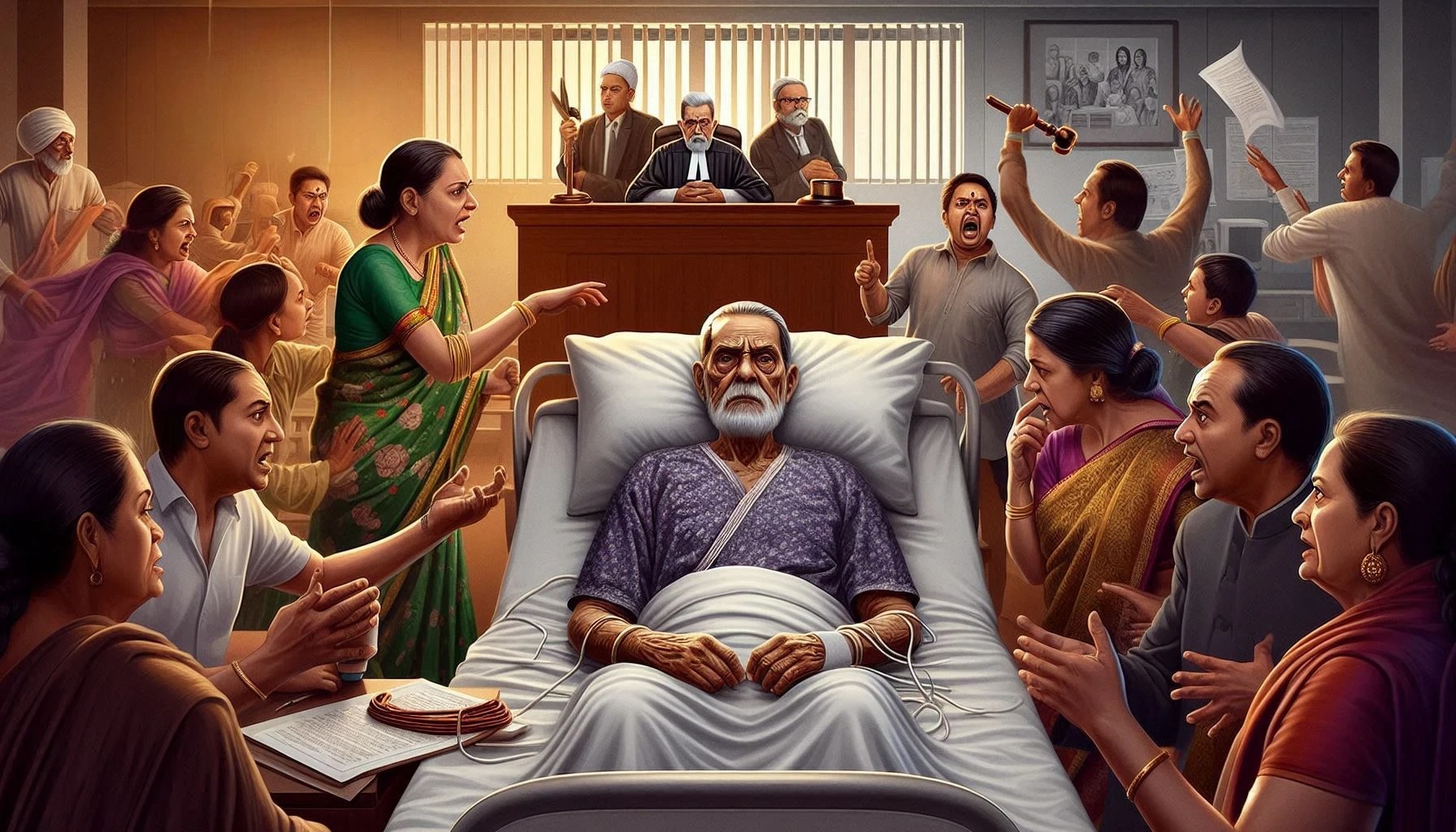
When we talk about financial planning, the focus usually stays on budgeting, saving, investing, and insurance. Yet, one of the most critical—and ironically, the most ignored—components is estate planning.
Why Do We Avoid Estate Planning?
In India, it’s not uncommon for families to delay writing a will until it’s far too late. Why? The reasons are as emotional as they are practical:
Elders worry that transferring assets too early or even discussing a will might result in neglect or change in behavior from their children.
Misconceptions abound—many believe that writing a will equals transferring assets instantly. That’s not true. A will is only effective after one’s death.
In families with multiple children, parents often fear that creating a will might create disputes, while ironically, not having one almost certainly will.
Parents with only one child assume things will transfer automatically. But banks, mutual funds, and government departments don’t operate on assumptions. They need legal documentation—even more so in the absence of a will.
These hesitations can create unnecessary stress and paperwork for grieving family members. And sadly, many estates get stuck in litigation or bureaucratic limbo simply because no will was written.
A Real Conversation That Sparked This Article
I recently spoke with a friend of mine, 37 years old, financially well-placed. He owns a flat, has a decent corpus in EPF and fixed deposits, is divorced, and has a child from his first marriage.
He attended a will-writing session at work and shared that he plans to marry again and then, once they have children, he’ll consider writing his will.
I told him, “No, the time to write a will is now—the moment you own any assets.”
We don’t know what tomorrow holds. And here’s the analogy I shared with him, which resonated deeply:
Writing a Will is Like Giving Exams in Class 10
Think of your life like you’re in Class 10. The final exam is death—unpredictable and inevitable. But before that, you have:
-
First Term Tests – covering just a couple of chapters.
-
Half-Yearlies
-
Second Term
-
Pre-Boards
-
Then the Finals
If you’ve just started accumulating assets—say, bought a house or saved a few lakhs—you’ve completed a couple of chapters. It’s time to write your first will, your First Term Test. It doesn’t have to be elaborate.
As you gather more assets—a second home, investments, or a business—you revise your chapters. That’s your Half-Yearly. Time to update the will.
Get married, have children? Another revision. That’s your Pre-Board.
Eventually, you’ll have a complete picture of your family and assets. That’s when you write the Final Will—the one you might even want to register.
A Handwritten Will is 100% Legal in India
Many people shy away from will-making because they assume it requires a lawyer, complex legal terms, and registration. Here’s what most don’t know:
✅ A simple handwritten will is 100% valid under Indian law.
✅ It doesn’t need to be notarized.
✅ You just need two witnesses (they shouldn’t be beneficiaries).
✅ You can revise or rewrite your will as many times as you like.
✅ Registration is optional, but advisable for the final version.
Estate Planning is Love in Action
Think of writing a will not as a legal chore, but as a final act of love for your family. You’re saving them from confusion, paperwork, legal battles, and potential conflict.
And if you’re young and unmarried? Perfect. Start today. Your first will could be just a one-pager. Once your life changes—new relationships, children, property—you revise it.
Don’t Wait for the “Right Time” — Create the Right Habit
Estate planning is not a one-time task. It’s a habit—just like annual health check-ups or portfolio rebalancing.
You may not have control over how and when life changes. But you do have control over how well you prepare your family for those changes.
So start with a simple will today. It’s easier than you think, and it’s one of the most responsible things you can do for the people you care about.
💬 Have questions or thoughts about estate planning? Leave a comment below!
📥 As a thank-you, we’ll send you a FREE Simple Will Template (valid under Indian law). It’s easy to fill, handwritten-friendly, and designed for real people—no legal jargon.
Just drop a comment and check your inbox. Your first step toward estate planning starts today.
Join Our Mailing List
Once Weekly Webinar
Free Webinar Once Per Week
Our free webinar runs once per week and is available to anybody who wants to know more about getting started on the road to financial freedom.